Across California, labor groups are calling for a $20 minimum wage for all workers.
The idea, which extends far beyond the fast food industry, has sparked intense debates among restaurant owners and economic experts who worry that the rise in labor costs might just translate into higher prices for customers.
A State on the Edge
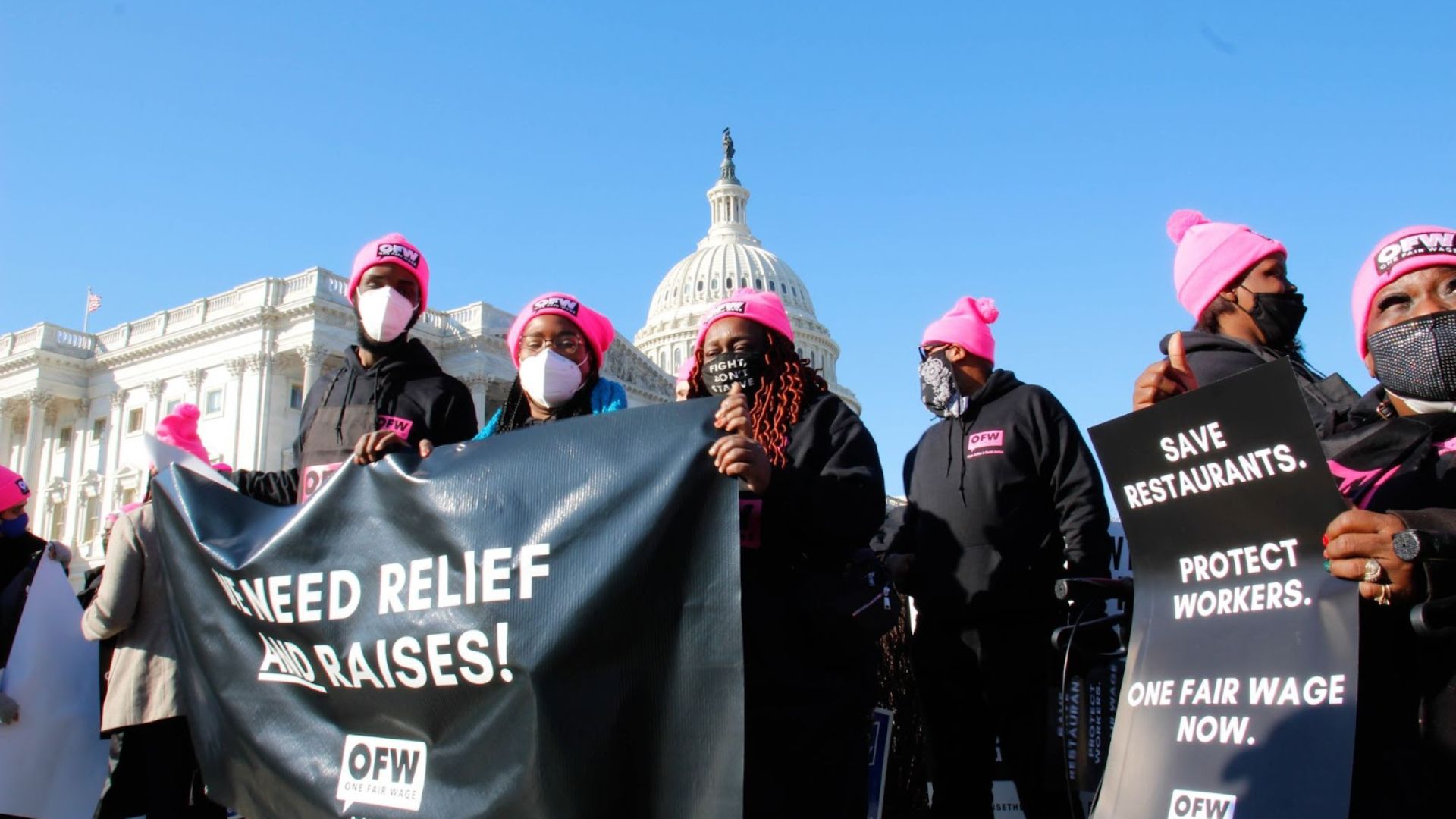
Saru Jayaraman, president of the One Fair Wage advocacy group, notes the drastic decisions Californians are making in light of economic pressures.
She said, “People are leaving the state or are not having children, not having families. These are all the very basics we should be thinking about for humans living in California and needing to survive.”
New Wage Laws in Effect
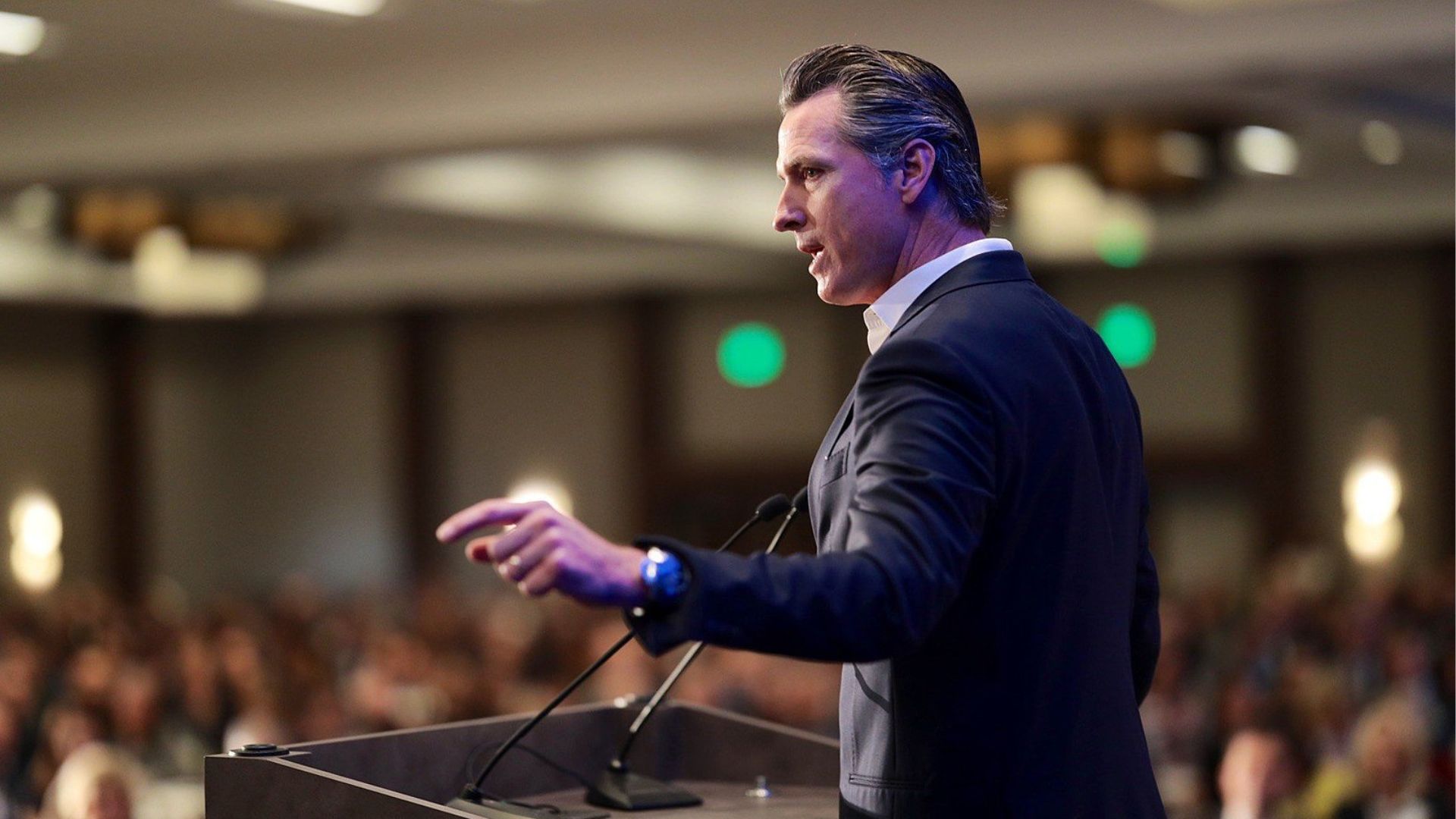
This September, a signature from Governor Gavin Newsom turned AB 1228 from proposal to law, affecting workers at large restaurant chains with over 60 locations nationwide.
While the law champions higher wages, CBS News reports that small business owners are worried about how this might affect their bottom line.
The Small Business Conundrum

Echoes of concern ripple through California’s small business community following the new wage adjustments.
One Los Angeles restaurant owner voiced to FOX Business fears of “massive layoffs” and “massive job losses,” highlighting the deep-seated anxiety over the financial viability in a higher-wage economy.
Shockwaves in Lemoore
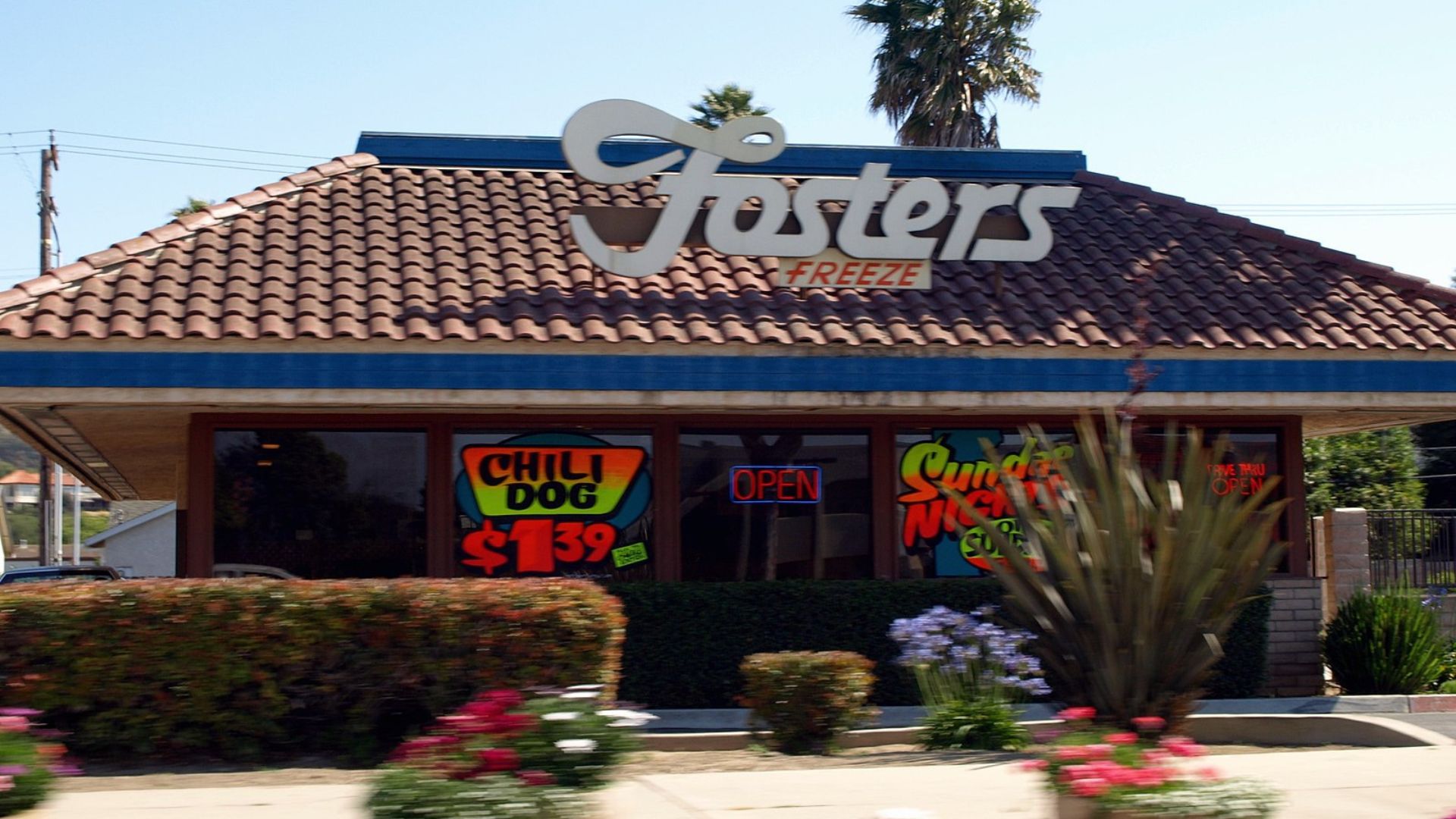
In Lemoore, the reaction to the wage increase has been visceral.
A former assistant manager at Fosters Freeze described the new law as “a shock,” demonstrating the unexpected challenges local businesses face in adapting to sudden economic shifts.
Debunking Wage Increase Myths

Jayaraman remains steadfast against the tide of criticism.
She told FOX Business, “That is the argument they always make. Every single time the minimum wage goes up, they always say it’s going to kill business, jobs will be lost, and we’ve never seen it happen. Not in California, not in any other state.”
The Positive Ripple of Wage Increases

Increasing the minimum wage isn’t just about fairness—it’s smart economics, argues Jayaraman.
By putting more money into workers’ pockets, they’re likely to spend more, thereby boosting the economy. This creates a beneficial cycle where economic activity stimulates further growth.
Tackling Inflation Head-On
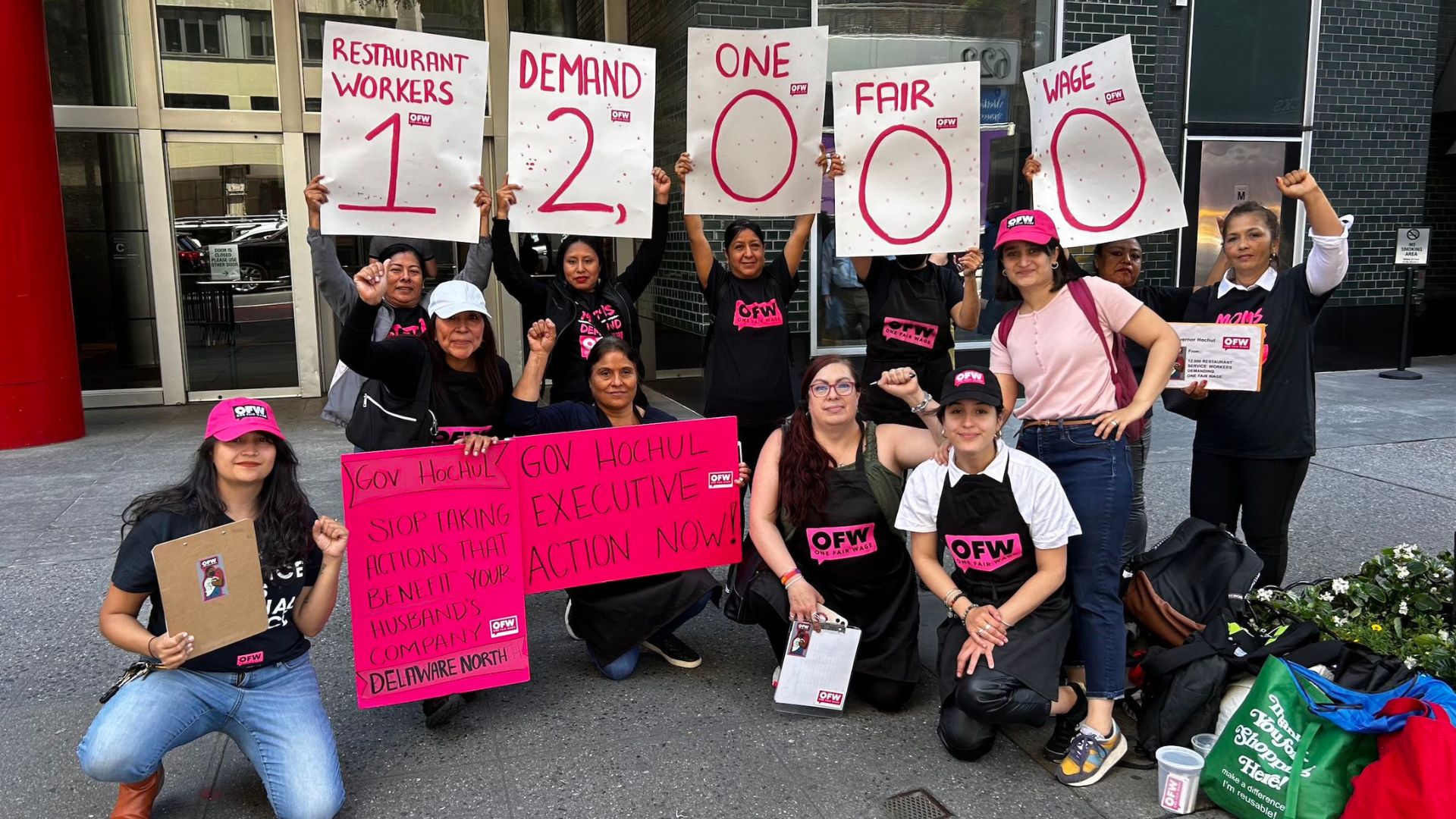
With concerns about inflation in the mix, Jayaraman points out a critical oversight: “Frankly, inflation has already happened, and many prices have already gone up.”
Her perspective shifts the focus from fear of future price increases to the necessity of wage adjustments now to keep pace with living costs.
A United Front for Wage Increase
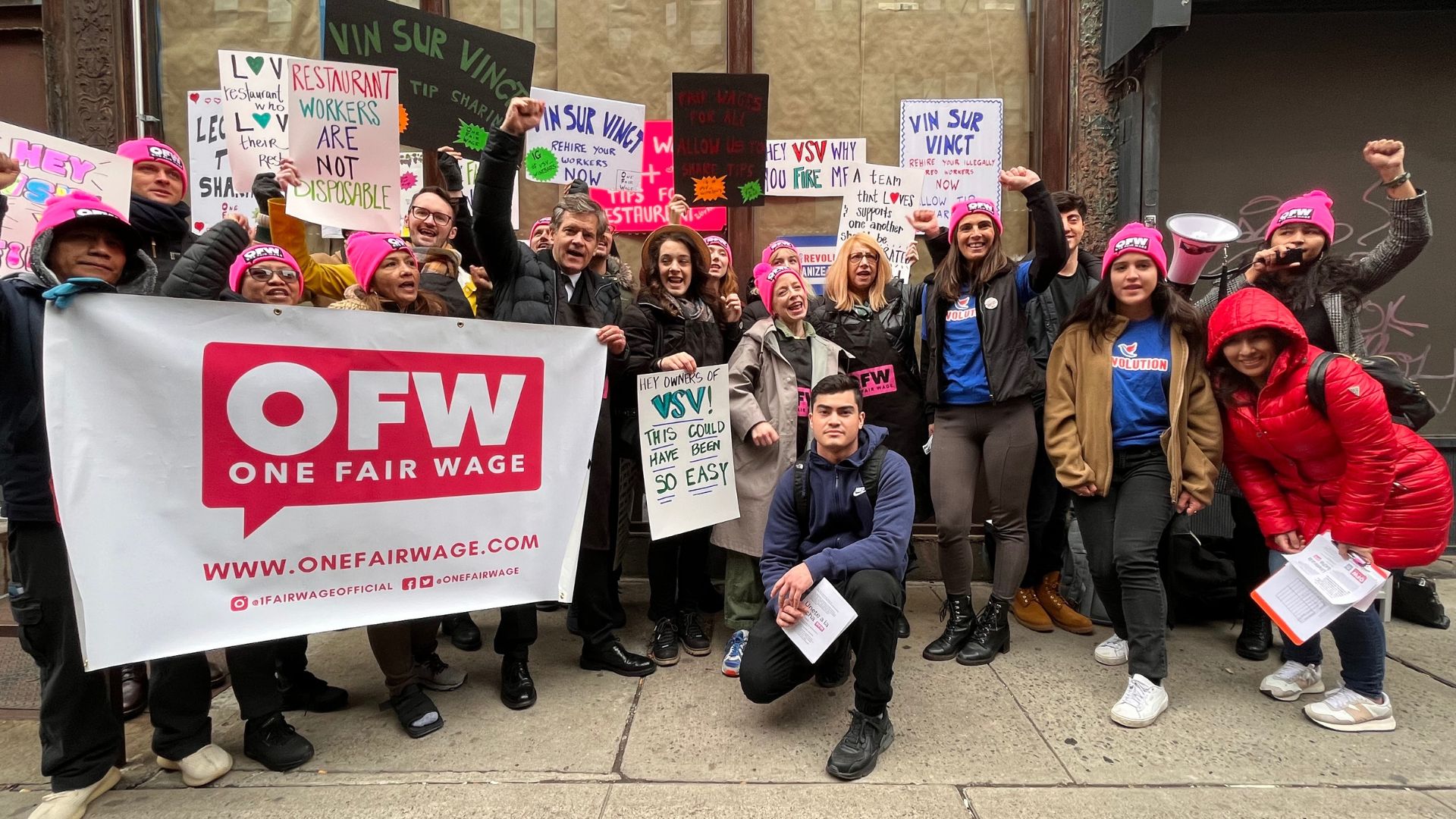
It’s not just workers rallying for higher pay—some small businesses are also on board.
Jayaraman shares, “They have joined forces with us to say ‘we really need a policy that’s going to create a level playing field so that we’re not sticking our necks out.'”
Leveling the Economic Playing Field
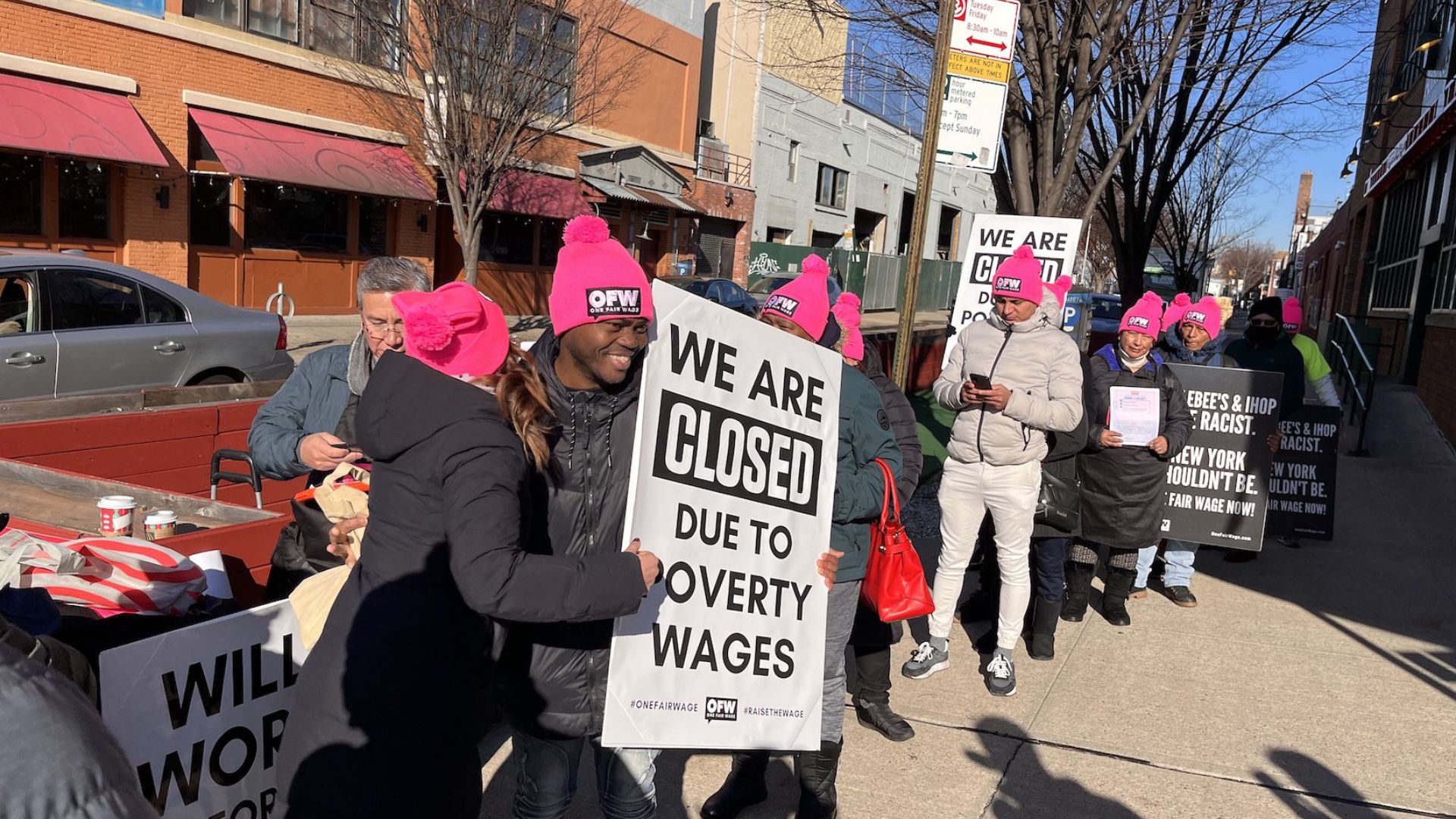
The campaign for a $20 minimum wage seeks more than just increased earnings; it advocates for equity across the board, ensuring all workers can enjoy the stability and security of a livable income.
This policy aims to strengthen the entire workforce with fair opportunities.
Revitalizing the Restaurant Sector

Jayaraman sees fair wages as the key to reinvigorating the restaurant industry, making these jobs appealing once more.
She argues that “You need policy to signal to these workers it’s worth working in restaurants again.”
The Future of Wage Laws in California

The conversation around California’s minimum wage law continues as its effects begin to unfold.
Observers across the nation are watching closely, as the outcomes here could influence future wage policies elsewhere, setting a new standard for labor rights and economic justice.
